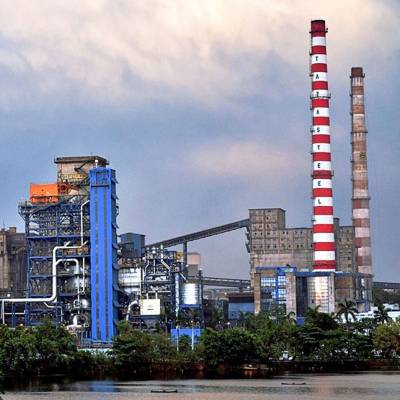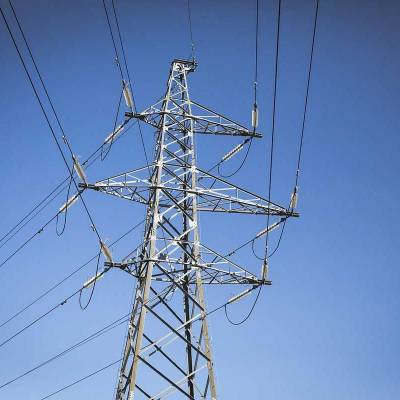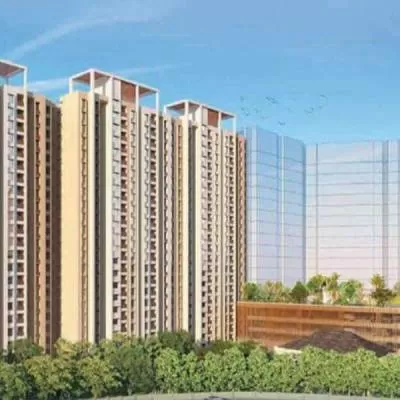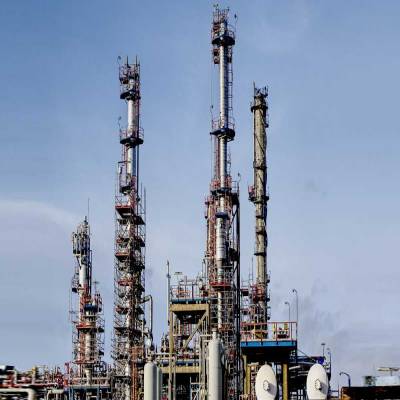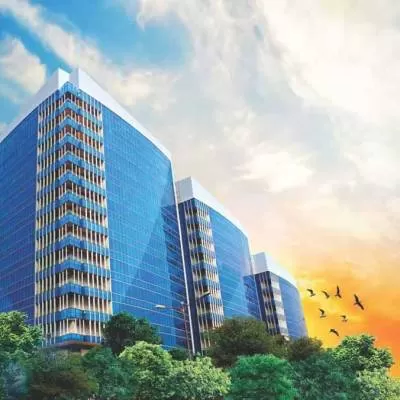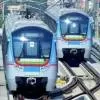- Home
- Real Estate
- Building Smart

Building Smart
According to McKinsey, construction holds the dubious honour of having the lowest productivity gains of any industry. The reasons attributed to this include continued use of labour instead of technology; lack of consolidation; and the fact that builders are still averse to using technology even though architects increasingly espouse it.<br /> Technology is becoming key: The MoRTH is trying to escalate the pace of execution from 25 km to 40 km per day; the Prime Minister's PRAGATI project, where he reviews projects worth Rs 9 trillion, is regularly laying stress upon speed of execution of metro projects, power plants; and there is a race for implementing affordable housing projects in line with the PMAY, for which incentives are being provided to developers and buyers.<br /> <br /> In fact, L&T, Shapoorji Pallonji and NCC have qualified for a number of such projects and these are being executed using technologies like MIVAN. Design and engineering, too, are gaining importance as cities are considering master planning, which will bring tools of urban planning into play. Pre-engineered buildings, prefab and shuttering systems are being deployed like never before. Road building companies are completing projects to earn bonuses by advancing completion deadlines. What's more, the smart cities mission has advocated the use of technology in planning, administering and maintaining assets for cities. This has encouraged the use of IoT devices, GPS systems, RFID, digital systems, advanced CCTV, Wi-Fi, waste-to-energy management, tracking devices, data management, e-governance and so on.<br /> <br /> With the advent of technology comes the need for capacity building, where procurement, engineering, architecture and design departments need to upgrade themselves. Inability to upgrade these skills will lead to flaws in bidding documents, specifications, withdrawal of tenders and failures in generating interest in tenders. This, in turn, would lead to delays in project execution. (Delays in projects cost our nation over Rs 500 billion per annum.)<br /> <br /> Clearly, the world is changing and India is transforming. Globally, 3D printing is being used to build flats. Modular buildings, like the one built by a Chinese company that built 57 stories in 19 days, are setting new benchmarks. Just as smart phones are being sold all over India even though so many parts of the country do not have access to electricity, we will have to pursue the dialogue to convert India into a smart nation even though gaps exist in basic delivery of services.<br /> <br /> Do visit SM@RT URBANATION on March 22-23, 2018 at HICC, Hyderabad and experience, observe and connect with the smart solutions that are changing our lives - and our nation.<br />



